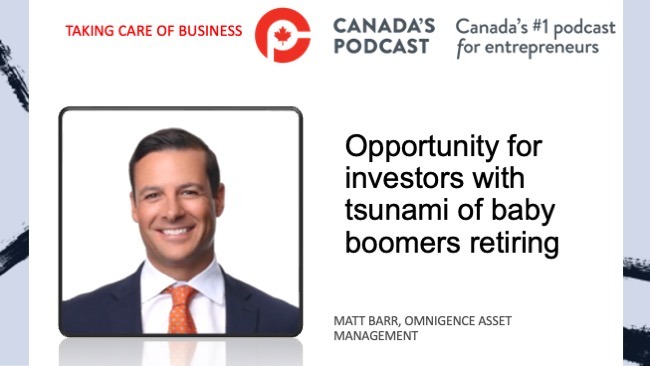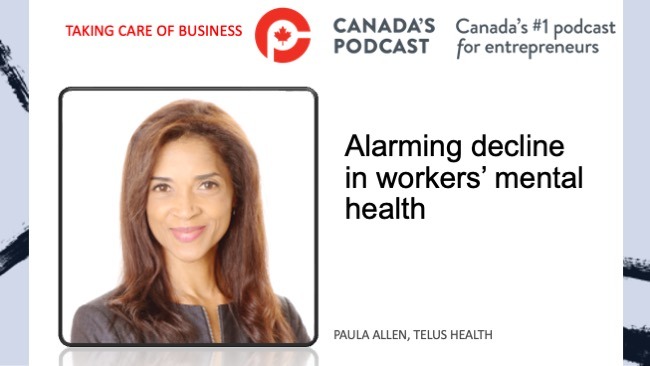After a seven-month upward streak, the small business optimism index for the next 12 months dropped 2.1 points, sitting at 54.1 in June, according to the latest Canadian Federation of Independent Business (CFIB) Business Barometer released on Thursday.

Simon Gaudreault
“National small-business optimism as measured through our index remains far below its historical average of 61. Meanwhile, other results from our tracking survey point to early signs of an economic slowdown,” said Simon Gaudreault, Chief Economist and Vice-President of Research at CFIB. “Price, labour and demand indicators all show results consistent with an economy that is losing some of its steam.
“While one month does not make a trend and we still have a long way to go, several signs tell us we may finally be seeing some cooling of the economy.”
The report said retail posted the biggest decrease in long-term optimism (-10.8 index points to 44.3), remaining at the bottom of the optimism scale, while information and recreation (69.1) topped the sector rankings.
The report also found:
- The Consumer Price Index dropped to 3.4 per cent in May, the lowest it’s been since June 2021. The Barometer also shows the pressure on average wage and price plans was less intense in June. The average price plans had one of the largest decreases this year, reaching 3.3 per cnet. Small businesses expect to increase wages by an average of 2.9 per cent over the next 12 months. While still fairly high, both plans are on a clear downward trend since they peaked at this time last year;
- This month’s Business Barometer suggests the labour market is somewhat cooling, with 45 per cent of businesses reporting that shortages of skilled workers are slowing them down, the lowest share in close to two years. For semi- or unskilled workers, the situation is more stable, with 34 per cent of firms signalling shortages stump their progress. Fewer employers (18 per cent) were looking to hire in the next three months, compared to May (22 per cent) or the same time last year (23 per cent).

Andreea Bourgeois
“The demand for labour is usually stronger this time of year. Small business owners may be adjusting to labour shortages or cutting down on hiring, choosing instead to work more hours themselves or reduce their services. Immigration is also through the roof, meaning there’s an influx of candidates on the market. While they may not be immediately hired, it should ultimately help employers find qualified staff,” said Andreea Bourgeois, CFIB Director of Economics.
The CFIB said share of businesses reporting insufficient domestic demand reached 32 per cent, a high point in two years.
“It is on a clear upward trend since reaching a low point of 21 per cent in June 2022, and it is getting close to its historical share of 36 per cent. Results for the unfilled orders indicator also seem to be normalizing and gradually more firms are reporting unsold inventories,” said the organization.
The CFIB is Canada’s largest association of small and medium-sized businesses with 97,000 members across every industry and region.

Mario Toneguzzi
(Mario Toneguzzi is Managing Editor of Canada’s Podcast. He has more than 40 years of experience as a daily newspaper writer, columnist, and editor. He was named in 2021 as one of the Top 10 Business Journalists in the World by PR News – the only Canadian to make the list)
About Us
Canada’s Podcast is the number one podcast in Canada for entrepreneurs and business owners. Established in 2016, the podcast network has interviewed over 600 Canadian entrepreneurs from coast-to-coast.
With hosts in each province, entrepreneurs have a local and national format to tell their stories, talk about their journey and provide inspiration for anyone starting their entrepreneurial journey and well- established founders.
The commitment to a grass roots approach has built a loyal audience with over 120,000 downloads and thousands of subscribers on all our social channels and YouTube. Canada’s Podcast is proud to provide a local, national and international presence for Canadian entrepreneurs to build their brand and tell their story.





